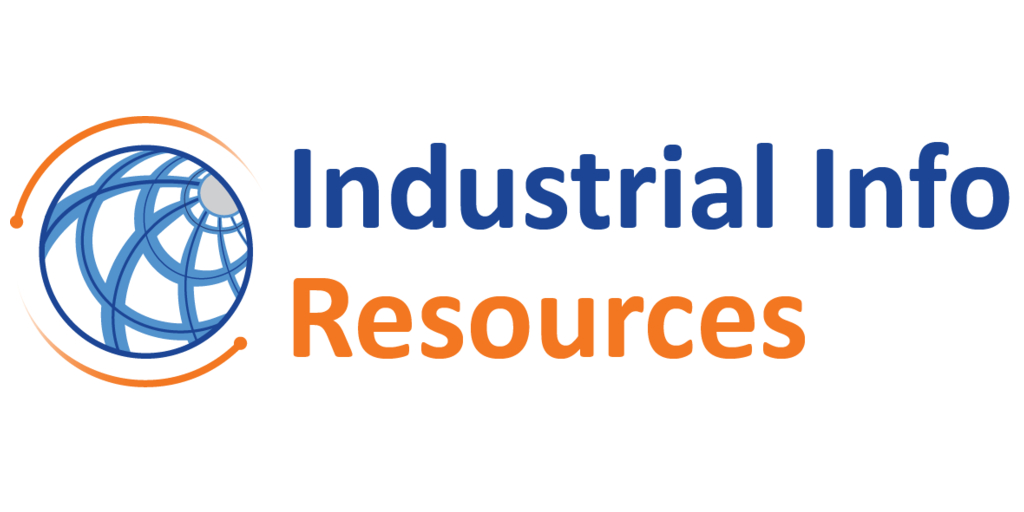
Petroleum Refineries May Find New Markets Amid EV, Energy Transition Trends,
SUGAR LAND, Texas–(BUSINESS WIRE)–Researched by Industrial Info Resources — While in the early stages of the energy transition, data from Industrial Info show a divergence emerging in the downstream energy sector as the market adjusts to the rollout of more electric vehicles.
U.S. fuel demand and refinery activity remains robust. The U.S. Energy Information Administration, the statistical arm of the Energy Department, reported that refineries were operating at 92.2% of their peak capacity during the seven-day period ending June 23, churning out an average of 10.1 million barrels of gasoline per day.
In terms of demand, the total amount of refined petroleum products sent to the market, a proxy for implied demand, averaged 20.2 million barrels per day (BBL/d), while the figure for gasoline was 9.3 million BBL/d. Both figures were above year-ago levels.
Both figures, however, are about 500,000 BBL/d less than during the same period in 2019, the year before the COVID-19 pandemic. When adjusted for inflation, retail gasoline prices today would be about 30 cents per gallon more than 2019 levels, helping to explain some of the demand falloff.
The rest may be due to the adoption of electric vehicles (EVs), which are backed by heavy tax incentives from President Joe Biden. Industrial Info estimates EV sales will jump 35% globally this year from 2022 levels to reach 14 million.
By 2030, that could lead to a reduction in crude oil demand of 5 million BBL/d, suggesting the downstream sector will have to adjust to an emerging reality in road fuels.
Hillary Stevenson, a senior director at the energy division of IIR, found billions of dollars in new investments are going toward projects related to the energy transition in the downstream sector this year. The bulk of her data show that refinery conversions are dominating activity downstream.
All told, there could be as much as $7.7 billion going toward downstream projects related to the energy transition, though around $6.5 billion is considered low probability.
Conversely, Michael Bergen, an executive vice president of analytics and marketing at IIR, said 159 projects worth $105 billion are going toward EV battery plants. Among the largest is BlueOval, a joint venture between Ford Motor Company (NYSE:F) (Dearborn, Michigan) and South Korea’s SK Innovation (Seoul), which is investing some $5.8 billion at a battery plant in Kentucky. Subscribers to Industrial Info’s Global Market Intelligence (GMI) Industrial Manufacturing Project Database can click here for more details on the project.
Ford in 2021, at the depths of the COVID-19 pandemic, said it was committed to investing at least $22 billion globally to deliver all-electric vehicles across its lines, including popular Mustang and F-150 models.
Meanwhile, General Motors Company (NYSE:GM) (Detroit, Michigan) in January announced plans to invest heavily in four plants to build the next generation of its block V-8 engine as well as EV production across its various assembly lines.
Those investments in EV batteries look to overshadow transition-related overhauls at U.S. petroleum refineries. And what’s expected downstream is targeting renewable diesel rather than the cleaner-burning reformulated gasoline.
“Renewable diesel leads the pack in terms of investments related to the energy transition,” Stevenson from IIR Energy added.
Meanwhile, Chris Egby, a refining and licensing manager at Shell plc (NYSE:SHEL) (London, England), said that most refineries can already co-process feedstocks to make cleaner road fuels, but the industry is changing and the transition will be slow.
Comments from the front office at British energy company BP (NYSE:BP) (London, England) suggest investments will target the fuels that are necessary today as the energy of tomorrow evolves. Meanwhile, Shell’s head of renewables, Thomas Brostrom, left after Chief Executive Officer Wael Sawan dialed back on the company’s energy transition goals.
Fossil fuels are not going away. But as investment trends suggest, conventional refinery operations, and the big companies that back them, may struggle for relevancy as the energy transition accelerates.
Industrial Info Resources (IIR) is the leading provider of industrial market intelligence. Since 1983, IIR has provided comprehensive research, news and analysis on the industrial process, manufacturing and energy related industries. IIR’s Global Market Intelligence (GMI) helps companies identify and pursue trends across multiple markets with access to real, qualified and validated plant and project opportunities. Across the world, IIR is tracking over 200,000 current and future projects worth $17.8 Trillion (USD).
Contacts
Brian Ford
Ph: 713-783-5147



